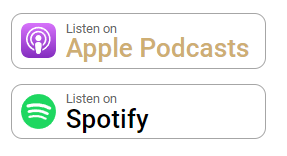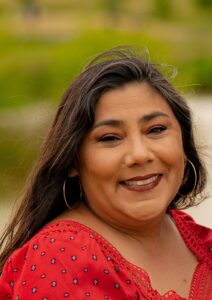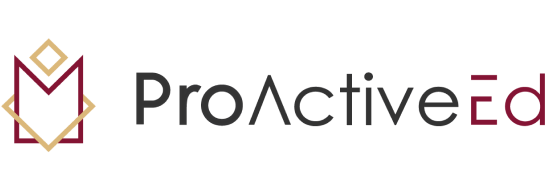
Studying the Standards (Part 2)
Becoming Content Experts
In Part 1 of Studying the Standards, I said that the best teachers are students of pedagogy and content. When teachers reflect and analyze their practice, they become better teachers. We study our standards to hone our knowledge becoming content experts. We study pedagogy, to become expert practitioners. Who would say that our students deserve anything less?
In the PDinaPOD episode Studying the Standards, A.T. boldly states “If you remove standards, you remove equity.” With that in mind let’s consider that our standards provide all our students with the most basic concepts and skills they need for academic success in their current grade level. If we do not have expert knowledge of our standards, then how will we deliver content that leads all students to mastery? Therefore, our commitment to our students drives us to become content experts.
Essential and Supporting Standards: “Tabletops and Legs”
As we become content experts then, we can build lessons and units of study that support all our students in gaining mastery. We do this by understanding that some standards function as what A.T. refers to as “tabletops” and others are “legs”.
Essential standards or “tabletops” are those that prepare students for state assessments, the next grade level, and life. Tabletops “describe the enduring skills and concepts that should be mastered for each table. The leg standards describe the support needed for those enduring skills and concepts” (Nelson, 2023)*. In this way, we understand that a table cannot function without legs, and legs are useless without a tabletop. We follow this step by deconstructing standards where we identify the “what” (knowledge) and the “how” (skills) of each standard.
Demystifying Student Expectations
As we deconstruct standards for ourselves as educators, we are then able to translate the knowledge and skills of the standards to our students in a language that is academic but accessible to them. Students must understand our expectations so they can achieve success both academically and behaviorally.
So often, we tell students “Do your best” without giving them enough guidance to know what their best might look like. As a result of our expert understanding of standards, we can show students what success looks like for every standard we teach, keeping in mind that success looks different for every student. Planning and delivering instruction this way supports students in achieving their best and demystifies what success means for them. Furthermore, students become owners of their learning and teachers are guides along the way.
ProActive Ed is bringing nuggets of wisdom for teachers and administrators to implement systems that support teaching and learning for the benefit of students across the planet.
*Click here to order your copy of ProActive Schools: A Practical Guide for Data-Driven Instructional Cycles.
*For more information on how and why to study standards, tune into PDinaPOD on


Contributed by Regina M. Argueta-Misra, Educational Consultant for ProActive Ed.
